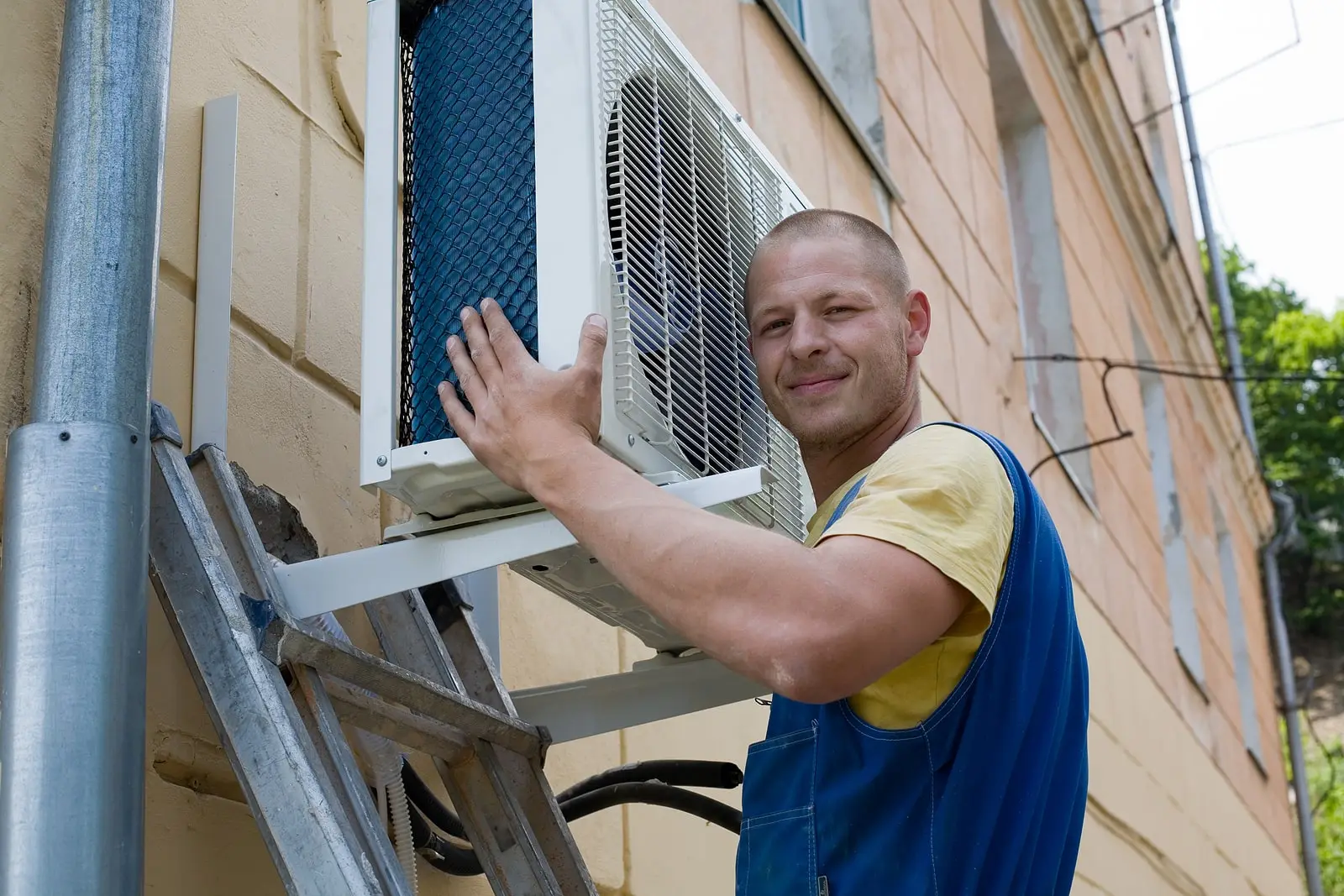
When it’s time to replace your old AC unit, proper disposal is crucial to protect the environment and comply with local regulations. Disposing of an AC unit involves more than just tossing it out with the trash. Here’s a guide to ensure you handle the process correctly and responsibly.
Understand Why Proper Disposal Is Important
Air conditioning units contain components that can be harmful if not disposed of properly.
- Refrigerants: Older units may contain refrigerants like Freon, which can deplete the ozone layer if released into the atmosphere.
- Hazardous Materials: AC units contain other materials such as oils and heavy metals that require careful handling to avoid environmental contamination.
- Recycling Opportunities: Many parts of an AC unit, including metals and plastics, can be recycled. Proper disposal ensures that these materials are reused rather than wasted.
Check Local Disposal Regulations
In Florida, specific regulations govern the disposal of air conditioning units to ensure environmental safety.
- County Guidelines: Disposal requirements can vary by county, so it’s important to check with your local waste management authority for specific guidelines.
- Freon Removal: Florida law requires that refrigerants be removed by a certified technician before disposal. This ensures that harmful chemicals are handled safely.
- Permitted Facilities: Some counties may require that old AC units be taken to a designated recycling or disposal facility rather than placed at the curb for regular pickup.
Consider Hiring a Professional
Hiring a professional service to remove and dispose of your old AC unit can simplify the process and ensure compliance with all regulations.
- Certified Technicians: A professional will have the necessary certification to safely remove refrigerants and properly dismantle the unit.
- Convenience: Professionals can handle all aspects of disposal, including transportation to a recycling facility, saving you time and effort.
- Safe Handling: Technicians are trained to manage hazardous materials and ensure that the unit is disposed of in an environmentally friendly manner.
Explore Recycling Options
Recycling your old AC unit is an eco-friendly option that reduces waste and allows for the recovery of valuable materials.
- Metal Recycling: The metals in the unit, such as copper and aluminum, can be recycled and repurposed.
- Energy Efficiency Programs: Some utility companies in Florida offer programs that provide incentives for recycling old, inefficient AC units when you upgrade to a more energy-efficient model.
- Retailer Programs: Some HVAC retailers and manufacturers offer take-back programs where they will recycle your old unit when you purchase a new one.
Donate If Possible
If your old AC unit is still functional, consider donating it to a local charity or organization.
- Charitable Donations: Some nonprofit organizations accept working AC units and provide them to families in need.
- Tax Deduction: Donating your unit could provide you with a tax deduction, depending on the organization and your tax situation.
Conclusion
Properly disposing of your old air conditioning unit in Florida is not just about following the law; it’s about protecting the environment and ensuring that hazardous materials are handled safely. By understanding local regulations, considering professional help from an HVAC company, and exploring recycling or donation options, you can make sure your old AC unit is disposed of responsibly. When you’re ready to replace your unit, take the time to plan for its disposal in a way that benefits both you and the environment.